There are precious few occasions in life when you come across someone you are moved to believe is truly extraordinary. But when it happens, you know they are a blessed gift. Marcus was one of these rare, extraordinary people.
Those of us who knew Marcus well – and really paid attention – were elevated by him. Marcus had depth. He had soul. He had dimension. He was nothing like anyone you’ll ever meet again. You only get to know one of his kind in a lifetime.
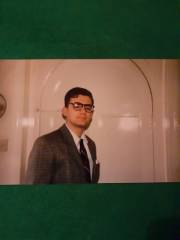
Marcus was talented. From a young age, he shone. By 10, he was chess champion of East Surrey. He won a scholarship to Reigate Grammar where he was so good at rugby, he played in the school team in the year above his own, winning against boys almost as big as adult men. He got 12 O’ Levels and a complete set of As at A’ Level and went on to study history at Leeds University.
Marcus was born to move against the grain. It was in his late teens, that Marcus discovered an intuitive skill – and love for – martial arts. He practised taekwondo, judo and Muay Thai – later even living in Chiang Mai for two years so he could train at the source. Eventually, he succumbed to a life-long passion for grappling. He took up Brazilian jiu-jitsu in his late 40s and got his purple belt at 51. But it was in those early years, working in London after university, when by chance he came across a scrawny pamphlet missing its cover in a second-hand bookshop in Fulham, that the singular, inimitable man began to emerge.
Wrestling by EJ Harrison was a manual on wrestling techniques published in 1934, featuring illustrated pencil drawings of wholesome youths with side-partings and wearing trunks. The only thing Marcus knew about wrestling was the pantomime tea-time TV variety. But this was something very different. To Marcus the pamphlet had the feel of a bygone era, of something very valuable that had been lost. The wrestling in this booklet was an art and it was worth redeeming.
Marcus used the manual to teach himself real grappling. There were no schools or classes to help. He paid for adverts in papers looking for training partners and practiced with them in basements and hired spaces, eventually setting up his own club in Victoria. Grappling had entered his bloodstream. For Marcus, wrestling was way more than a sport, it was an activity imbued with soul, and it was wide and deep and it went all the way down.
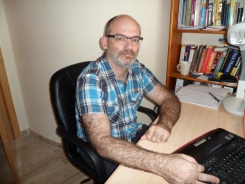
Marcus was a gifted writer. He was in his early 20s when he eschewed the soulless grind of the 9-5, going freelance as a sub-editor and journalist. Marcus worked for some illustrious titles: Record Mirror, Loaded (part of the award-winning team in its heyday) and film magazine Empire. His writing appeared in The Times and the Mail on Sunday and a myriad of other magazines and publications.
He went on to become a critically-acclaimed author and latterly worked as a very successful fiction copyeditor, flipping with impressive ease between the different grammar and punctuation systems of the US and British markets in which he worked.
Marcus was a true original. By his late 20s, he was practicing yoga and meditating intensively and becoming more and more interested in wrestling as a spiritual practice. It bothered him greatly how misunderstood the sport had become. He wanted so much to restore its integrity and give it back the dignity it once had. He wanted everyone to see it as he did, a noble art form with a spiritual realm.

And with that exalted aim in mind, he gave up work, and spent most of his 30s living abroad in India, Mongolia, Nigeria, America and Brazil, among cultures where wrestling was practiced and revered.
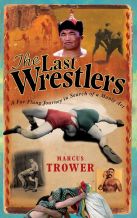
He poured everything he’d learned into his narrative memoir, The Last Wrestlers, which was published by Ebury Press in 2007 to rave reviews in the national media. He was even interviewed by Excess Baggage on BBC Radio 4. The Last Wrestlers is a beautifully written, intelligent, panegyric to the lost and noble art of real wrestling. It’s as original, arresting and lyrical as the person who wrote it.
Marcus was a natural teacher and mentor. He was patient, humble, expert, generous and kind – whether teaching English to students in Barcelona and Granada where he also lived or, latterly, teaching grappling at the Brighton Brazilian Jiu-Jitsu Exchange, the club he founded in Brighton. Marcus had come to Brazilian Jiu-Jitsu late – at 47 – and had caught the bug. He was a mere blue belt when he had the vision to open a club where price was no barrier to becoming a BJJ addict. Marcus researched the sport exhaustively – in books, manuals, online libraries and via subscriptions to endless US channels and vlogs. He practiced how he would teach the techniques at home with each of his students in mind. He was never going to fail. That’s not how he rolled. After his passing, six of those students formed a co-operative and are running the club in his honour, continuing the ethos Marcus established.

Marcus was creative. He had a flair for seeing things with different eyes. When living on the Maltese Island of Gozo, Marcus built ‘apartments’ out of plastic boxes and straw for a colony of feral cats. And when some feral kittens had to be kept indoors so they could be found forever homes, he spent hours fashioning obstacle courses from Amazon delivery boxes to help their development and used the plastic tapes that secured the packages to improve their reflexes. He even brought the outside in – branches, drainpipes, mud and rubble – to best prepare the babies to make their way in the world.

Marcus was unique. He was highly sensual, embodied and present and even trained as a masseur while living in Australia. Marcus felt intensely and acutely, crying often with manly ease.
His was a noble existence, full of dignity, integrity, high-mindedness, gentleness, respect and humility.
Marcus was extraordinary, a blessed gift. He will never be forgotten and forever missed.
From all of those who loved him dearly and will go on loving him.

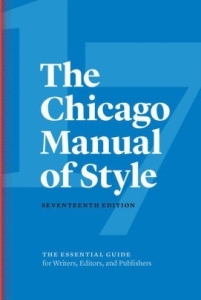 You might not have noticed, but there was a huge ripple in the editing universe a couple of months ago:
You might not have noticed, but there was a huge ripple in the editing universe a couple of months ago: 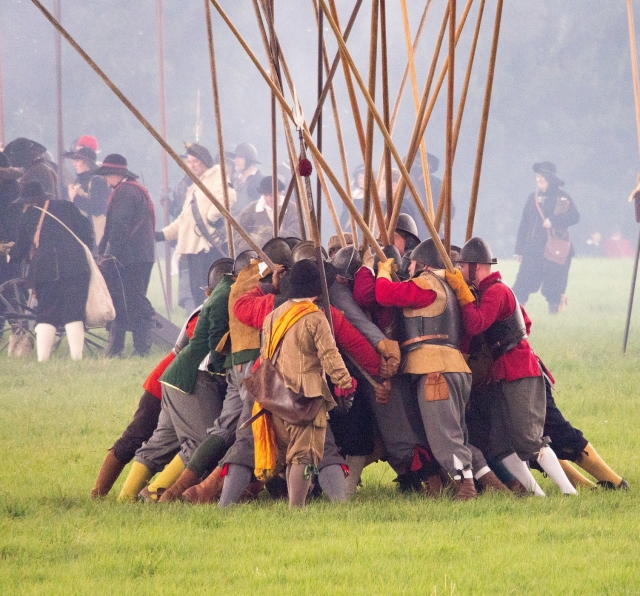
 When copyediting novels narrated using past tenses, I frequently find that an author hasn’t got to grips with how to use the present tense within their past-tense pages. Either it’s used tentatively or it’s not employed at all when it could be, perhaps because the author thinks using the present tense would be a mistake. I’m not talking here about using the present tense – specifically, the
When copyediting novels narrated using past tenses, I frequently find that an author hasn’t got to grips with how to use the present tense within their past-tense pages. Either it’s used tentatively or it’s not employed at all when it could be, perhaps because the author thinks using the present tense would be a mistake. I’m not talking here about using the present tense – specifically, the